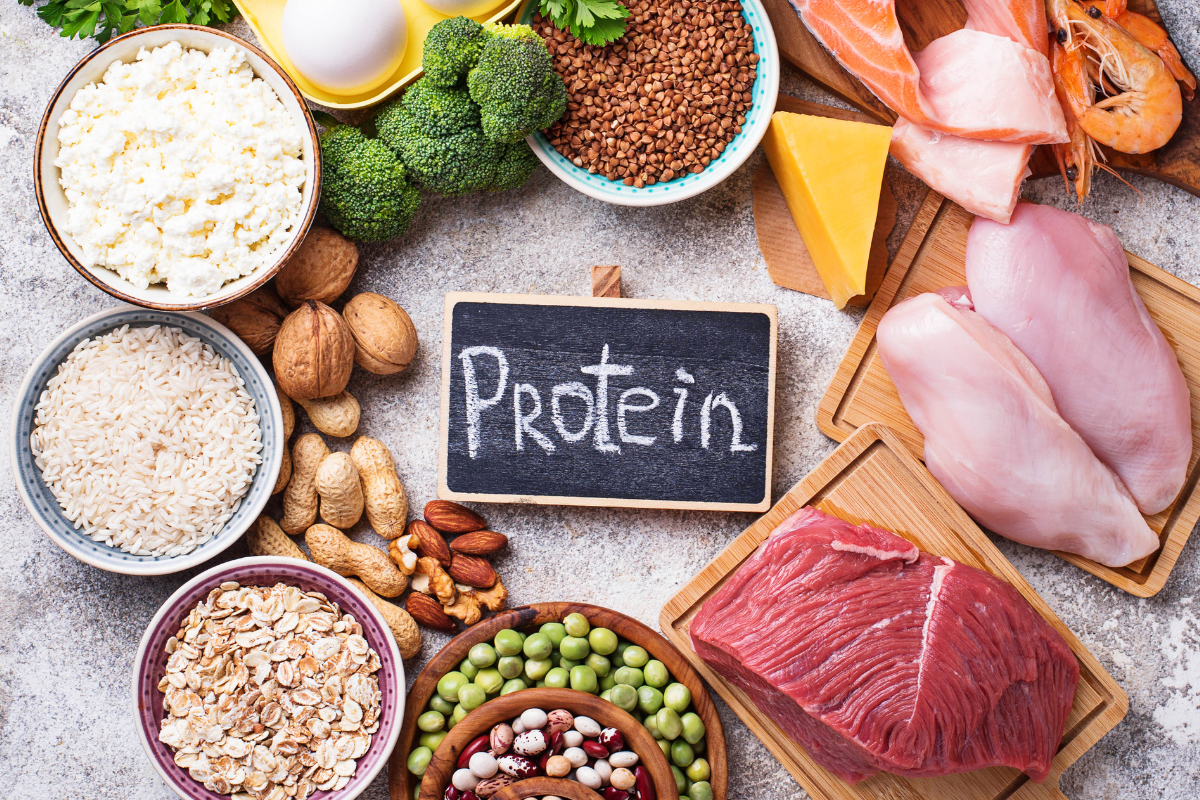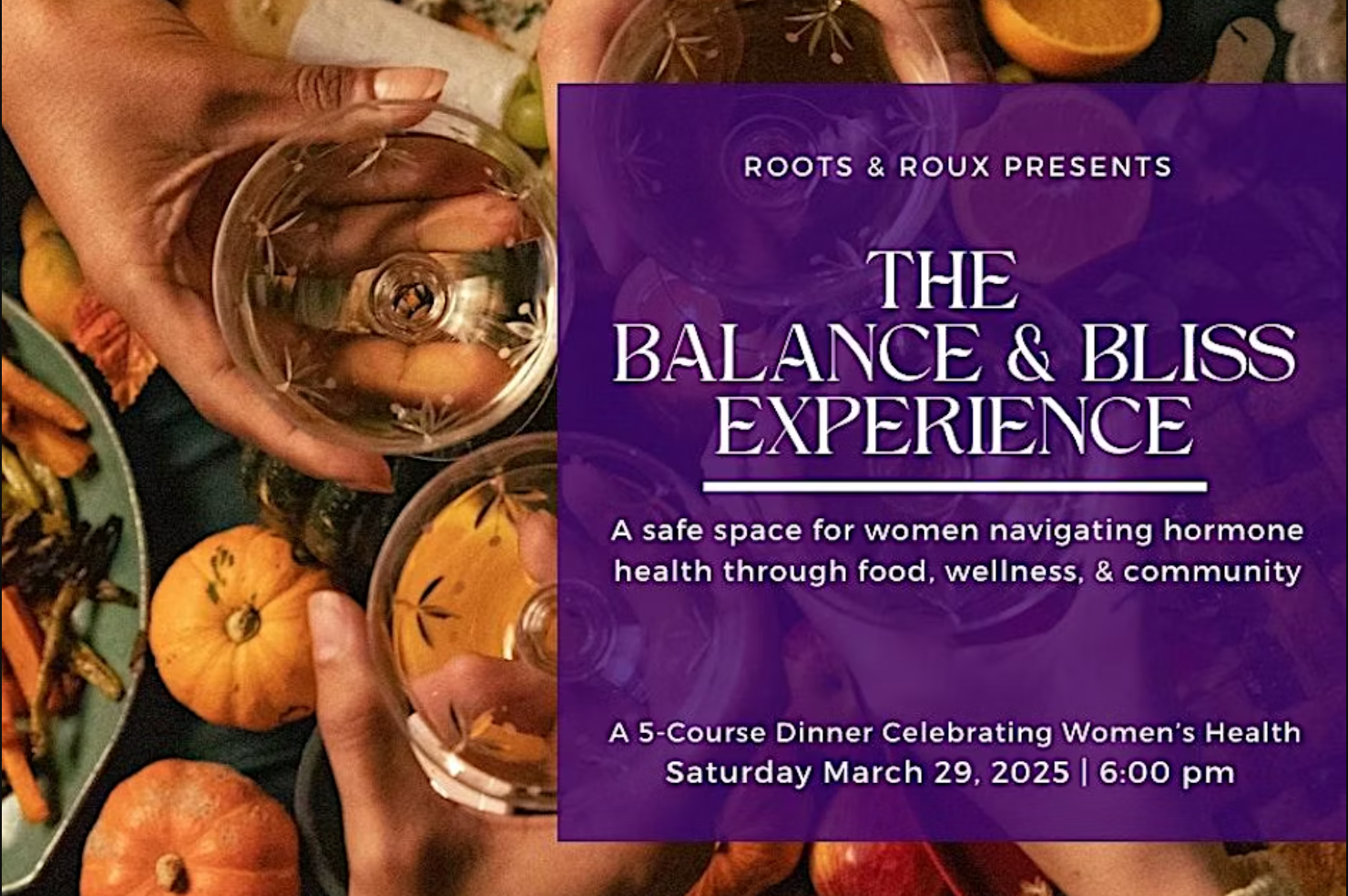A Guide to Prenatal Vitamins and Minerals: What You Need to Know
When you’re preparing for pregnancy—or already expecting—you may notice the spotlight that health professionals place on “prenatal vitamins.” But what exactly should you be looking for in these supplements? More importantly, why do certain vitamins and minerals matter so much at this pivotal time in your life?
In this blog, we’ll take a closer look at the essentials of prenatal vitamins and minerals, how they support both your health and your baby’s development, and how you can integrate them into your daily routine alongside a balanced diet.
Why Prenatal Vitamins?
The Nutrient Demands of Pregnancy
During pregnancy, your body works overtime to provide the building blocks for a rapidly growing fetus. While a nutrient-rich diet remains your first line of defense, prenatal vitamins help ensure that any “nutritional gaps” are filled—especially if you have dietary restrictions or health conditions.
Key Fact: According to The American College of Obstetricians and Gynecologists (ACOG), prenatal vitamins provide vital nutrients like folate (or folic acid), iron, calcium, and other vitamins that are sometimes lacking in the average diet.[1]
Boosting Overall Health
Prenatal supplements don’t just benefit the developing baby; they support your own energy levels, immune system, and tissue repair. Proper nutrition can help reduce risks of certain complications and keep you feeling your best throughout the journey.
The Must-Have Vitamins
Folate / Folic Acid (Vitamin B9)
Why It Matters:
-
Crucial for neural tube formation, reducing the risk of birth defects affecting the brain and spine.
-
Supports healthy cell division and DNA synthesis.
Daily Target:
-
At least 400–600 micrograms (mcg) for women of childbearing age, typically increasing to 600+ mcg during pregnancy.
-
Some individuals may need a higher dosage (e.g., if you have a history of certain genetic variations or previous pregnancy complications).
Sources:
-
Foods: Leafy greens (spinach, kale), legumes (lentils, beans), fortified cereals.
-
Supplements: Many prenatal vitamins come fortified with either folate or folic acid. If you have specific concerns—like the MTHFR gene variation—seek guidance from a healthcare provider on which form is best
Vitamin D
Why It Matters:
-
Helps your body absorb calcium to support bone health—both yours and the baby’s.
-
Influences immune function and may play a role in hormone regulation.
Daily Target:
-
600–800 IU (international units) is often recommended during pregnancy, though some experts suggest higher doses depending on individual blood levels.
Sources:
-
Foods: Fatty fish (salmon, sardines), egg yolks, fortified dairy or plant-based milks.
-
Sunlight: Your skin produces vitamin D when exposed to UV rays, but many factors (location, sunscreen usage, season) can limit production.
-
Supplements: Most prenatal vitamins include at least 400 IU of vitamin D, so check the label to see if you might need additional supplementation.
Vitamin B12
Why It Matters:
-
Supports red blood cell formation and energy levels.
-
Essential for maintaining the nervous system and promoting healthy brain development in the fetus.
Daily Target:
-
Around 2.6 micrograms (mcg) per day during pregnancy, slightly higher than the 2.4 mcg recommended for adult women.
Sources:
-
Foods: Meat, poultry, fish, eggs, dairy.
-
Supplements: Especially important for vegetarians and vegans, as plant-based foods often lack sufficient B12.
The Must-Have Minerals
Iron
Why It Matters:
-
Critical for producing hemoglobin, which carries oxygen in the blood.
-
Helps prevent anemia, which can lead to fatigue and, in severe cases, harm fetal development.
Daily Target:
-
Pregnant women often need 27 milligrams (mg) of iron per day, more than double the recommendation for non-pregnant women.
Sources:
-
Foods: Lean red meat, spinach, beans, and iron-fortified cereals.
-
Supplements: Most prenatal vitamins include iron. If you notice side effects like constipation, look for gentle iron formulas or talk to your healthcare provider about dosage adjustments.
Calcium
Why It Matters:
-
Builds the baby’s bones and teeth.
-
Supports nerve and muscle function, reducing the risk of leg cramps and other discomforts.
Daily Target:
-
1,000 mg per day for adult women, including those who are pregnant. Teens (ages 14–18) need closer to 1,300 mg daily.
Sources:
-
Foods: Dairy products (milk, cheese, yogurt), fortified plant-based milks (almond, soy), tofu, leafy greens (kale, collard greens).
-
Supplements: Many prenatal vitamins contain some calcium, but often not the full recommended amount, so you may need additional dietary sources or a separate calcium supplement.
Iodine
Why It Matters:
-
Supports thyroid function and fetal brain development.
-
Regulates metabolism, which is especially key during pregnancy when the body’s workload increases.
Daily Target:
-
220 micrograms (mcg) daily for pregnant women.
Sources:
-
Foods: Iodized salt, dairy, seafood, seaweed, eggs.
-
Supplements: Not all prenatal vitamins contain iodine, so look for a product that does or ask your healthcare provider if you need a separate supplement.
When & How to Take Prenatal Supplements
Before You’re Pregnant
If you’re even thinking about trying to conceive, start at least one month before. Neural tube development occurs very early, sometimes before you know you’re pregnant, making nutrients like folate crucial from day one.
Timing Matters
-
Morning vs. Night: Some people prefer to take prenatal vitamins with breakfast to reduce nausea. Others find taking them at night is easier on the stomach. Experiment to see what works best for you.
-
With Food: Taking vitamins with a meal can enhance absorption and lessen gastrointestinal discomfort—especially for iron.
Watch for Interactions
Certain nutrients can interfere with each other if taken simultaneously. For instance, calcium can inhibit iron absorption when taken at the same time. If your prenatal vitamin has both, check whether it’s formulated to address this issue or talk to a healthcare professional about spacing them out.
Balancing Diet and Supplements
Food First, Supplement Second
Think of prenatal vitamins and minerals as an insurance policy, not a replacement for a balanced diet. OVU encourages focusing on nutrient-rich foods as your primary source of essential vitamins and minerals. Whole foods offer a synergy of nutrients, fiber, and beneficial plant compounds that supplements alone can’t fully replicate.
Helpful Habits
-
Meal Planning: Consider drafting simple, nutrient-dense meal plans. Incorporate lean proteins, complex carbohydrates, fruits, vegetables, and healthy fats.
-
Snack Smart: Use on-the-go options—like OVU bars include protein and key nutrients such as folate.
-
Hydrate: Water aids digestion and helps transport nutrients to cells, which is vital when you’re growing a new life inside you.
Common Questions
-
“Do I really need prenatal vitamins if I eat healthy?”
-
Even the most balanced diet can have gaps. A prenatal supplement helps fill those potential shortfalls.
-
“What if my prenatal vitamin makes me nauseous?”
-
Try switching brands, taking it with food, or splitting the dose throughout the day. Consult your doctor if nausea is persistent.
-
“Can I keep taking them after I give birth?”
-
Many women continue taking prenatal vitamins during breastfeeding to support their nutritional needs. It’s best to discuss this with your healthcare provider.
Additional Resources
- Office of Dietary Supplements (National Institutes of Health): Folate Fact Sheet
- ACOG (The American College of Obstetricians and Gynecologists): Nutrition During Pregnancy.
- Centers for Disease Control and Prevention (CDC): Guidelines for Folic Acid Intake.
References
-
The American College of Obstetricians and Gynecologists (ACOG). (2020). “Prenatal Vitamins and Minerals: What They Are and How They Help.”
Author’s Note
As someone who has personally navigated fertility challenges—and dove headfirst into nutrition research along the way—I know that every bit of reliable information can bring relief and empowerment. It’s my hope that this post inspires you to explore your dietary choices with optimism and curiosity. After all, fueling your body well isn’t just about preparing for the possibility of pregnancy; it’s also about nurturing yourself in the here and now.
If you have questions or suggestions for future blog topics, feel free to reach out! The OVU community is all about shared experiences and knowledge. We’re in this together, and we can’t wait to support your healthy, hopeful journey.
(Disclaimer: This blog is for informational purposes only and does not constitute medical advice. Always consult with a healthcare professional for personalized recommendations.)






